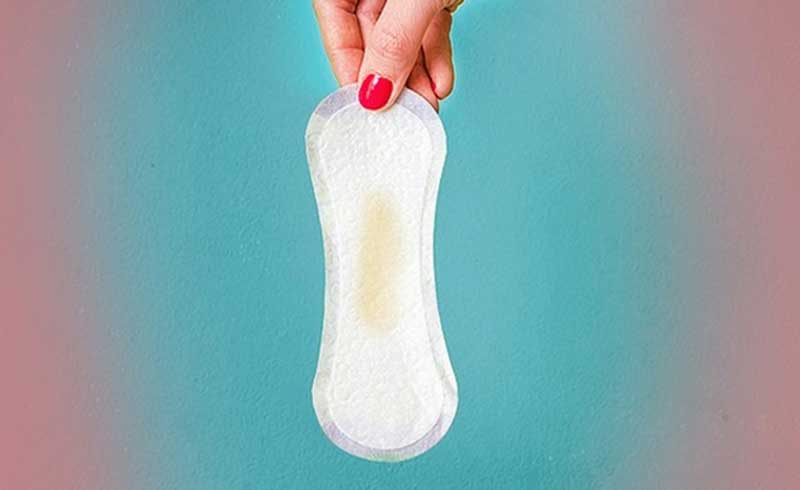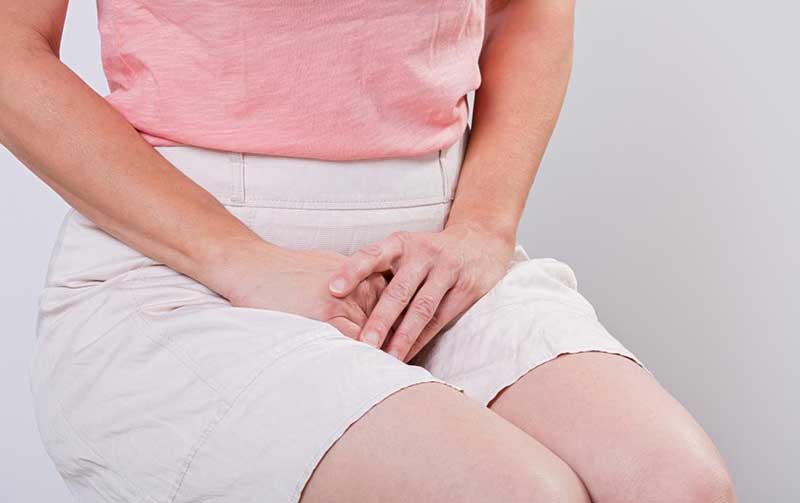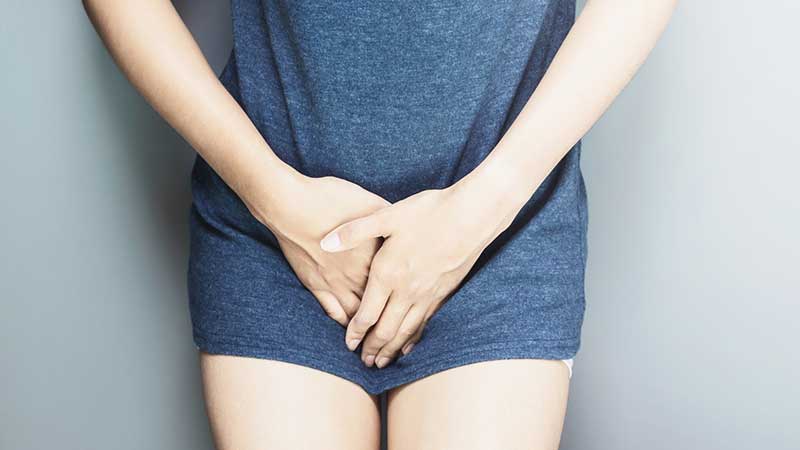Leucorrhoea, also known as vaginal discharge, is a common condition that affects many women. While it is often a normal occurrence, excessive or abnormal discharge can indicate an underlying health issue. In this article, ozinsight will explore the various causes of leucorrhoea, helping you gain a better understanding of this condition and its potential implications.
Introduction
Leucorrhoea refers to the discharge that occurs through the vagina. It is a natural and essential function of the female reproductive system. Understanding the causes of leucorrhoea is crucial because it helps differentiate between normal and abnormal discharge, ensuring timely identification of potential health concerns.
Normal Vaginal Discharge
Normal vaginal discharge is usually clear or milky in appearance, with a slight odor. It plays a vital role in maintaining the health of the vagina by keeping it lubricated and free from infections. The volume and consistency of normal discharge may vary depending on factors such as menstrual cycle, sexual arousal, and hormonal changes.
Common Causes of Leucorrhoea
There are several common causes of leucorrhoea, including:
Bacterial vaginosis
Bacterial vaginosis occurs when the balance of bacteria in the vagina is disrupted, leading to an overgrowth of harmful bacteria. This can result in a thin, grayish-white discharge with a distinct fishy odor.
Yeast infections (Candidiasis)
Yeast infections, caused by the overgrowth of Candida fungus, can lead to thick, white, and clumpy discharge. It is often accompanied by itching, redness, and swelling in the vaginal area.

Sexually transmitted infections (STIs)
Certain sexually transmitted infections, such as gonorrhea, chlamydia, and trichomoniasis, can cause abnormal vaginal discharge. The color, consistency, and odor of the discharge may vary depending on the specific infection.
Hormonal imbalances
Fluctuations in hormone levels, particularly estrogen, can affect the vaginal environment and result in increased discharge. This can occur during various stages of a woman’s life, such as puberty, pregnancy, and menopause.
Poor hygiene
Inadequate personal hygiene practices, such as infrequent washing or using harsh soaps, can disrupt the natural balance of vaginal flora, leading to abnormal discharge.
Allergic reactions
Certain personal care products, such as scented soaps, detergents, or fabrics, can cause allergic reactions in some women. This can manifest as abnormal vaginal discharge accompanied by itching and redness.
Cervical polyps
Cervical polyps are small, benign growths that can develop on the cervix. They may cause increased vaginal discharge, particularly after sexual intercourse or during menstruation.
Risk Factors for Leucorrhoea
Several factors can increase the risk of developing leucorrhoea. These include:
Age
Women in reproductive age, especially those who have reached puberty but not yet entered menopause, are more susceptible to hormonal fluctuations that can lead to leucorrhoea.
Sexual activity
Engaging in sexual activity, especially with multiple partners or inconsistent condom use, increases the risk of acquiring sexually transmitted infections that can cause abnormal discharge.
Pregnancy
Pregnant women experience hormonal changes that can affect the vaginal environment and lead to increased discharge.
Diabetes
Uncontrolled diabetes can weaken the immune system, making women more prone to infections that cause abnormal vaginal discharge.
Weak immune system
Having a weakened immune system due to conditions like HIV/AIDS or undergoing immunosuppressive therapy increases the risk of infections, including those that cause leucorrhoea.
Certain medications
Some medications, such as antibiotics and corticosteroids, can disrupt the balance of vaginal flora, leading to leucorrhoea.

Symptoms of Leucorrhoea
The symptoms of leucorrhoea may vary depending on the underlying cause. However, common symptoms include:
Abnormal vaginal discharge
Excessive, thick, thin, or discolored discharge that deviates from the usual characteristics of normal discharge.
Itching and irritation
Persistent itching, redness, and irritation in the vaginal area, often accompanied by a burning sensation.
Foul odor
Unpleasant or strong-smelling vaginal odor, especially when combined with other symptoms.
Pain or discomfort
Some women may experience pain or discomfort during urination or sexual intercourse, along with abnormal discharge.
Diagnosis of Leucorrhoea
To diagnose the underlying cause of leucorrhoea, healthcare providers may perform the following:
Medical history and physical examination
Taking a detailed medical history and conducting a physical examination to assess the nature and extent of the symptoms.
Laboratory tests
Collecting samples of the discharge for laboratory analysis, including microscopic examination and cultures to identify potential infections.
Pap smear
A Pap smear may be performed to detect any abnormalities in the cells of the cervix, which could be contributing to the abnormal discharge.
Cultures and swabs
Additional tests, such as DNA tests or swabs for specific infections, may be conducted to identify the causative agent.
Treatment and Prevention of Leucorrhoea
The treatment and prevention of leucorrhoea depend on the underlying cause. Common approaches include:
Medications for specific causes
Antibiotics, antifungals, or antiviral medications may be prescribed to treat bacterial or yeast infections, or other specific causes identified through diagnosis.
Maintaining proper hygiene
Practicing good personal hygiene, including regular washing of the genital area with mild soap and water, and avoiding irritants, can help prevent and manage leucorrhoea.
Avoiding irritants
Using fragrance-free products, avoiding douching, and wearing breathable underwear made of natural fabrics can help reduce irritation and prevent leucorrhoea.
Strengthening the immune system
Eating a balanced diet, exercising regularly, getting enough sleep, and managing stress can support a healthy immune system, reducing the risk of infections that cause leucorrhoea.
Safe sexual practices
Practicing safe sex, including consistent condom use, can reduce the risk of acquiring sexually transmitted infections that contribute to abnormal discharge.
When to See a Doctor
While some instances of leucorrhoea may resolve on their own or with home remedies, it is important to consult a healthcare provider in the following situations:
Persistent or worsening symptoms
If the symptoms persist or worsen despite home care or over-the-counter treatments, medical attention is necessary to identify the underlying cause.
Recurring infections
Frequent or recurring vaginal infections leading to leucorrhoea may require further investigation and management by a healthcare professional.
Concerns about sexual health
If there are concerns about sexual health, exposure to sexually transmitted infections, or questions regarding contraception, it is advisable to seek medical guidance.
Conclusion
Understanding the causes of leucorrhoea is crucial for differentiating between normal and abnormal discharge. While some causes are harmless and resolve on their own, others require medical attention and treatment. Maintaining good hygiene, practicing safe sex, and addressing any persistent or concerning symptoms with a healthcare provider can help prevent complications and promote overall vaginal health.
FAQs
Is leucorrhoea a sign of a serious health condition?
Leucorrhoea can be caused by various factors, and while some causes are not serious, others may require medical attention. It is essential to consult a healthcare provider if you have concerns or persistent symptoms.
Can leucorrhoea be prevented?
Practicing good personal hygiene, using fragrance-free products, practicing safe sex, and maintaining a healthy lifestyle can help prevent leucorrhoea caused by certain factors.
Can leucorrhoea be cured with home remedies?
Home remedies may provide relief for mild cases of leucorrhoea. However, it is essential to consult a healthcare provider if symptoms persist or worsen.
Can leucorrhoea be sexually transmitted?
Some causes of leucorrhoea, such as sexually transmitted infections, can be transmitted through sexual contact. It is important to practice safe sex to reduce the risk of acquiring or transmitting infections.
Can stress or anxiety cause leucorrhoea?
While stress and anxiety can affect hormonal balance, there is limited evidence directly linking them to leucorrhoea. However, managing stress can contribute to overall vaginal health.













Got a Questions?
Find us on Socials or Contact us and we’ll get back to you as soon as possible.